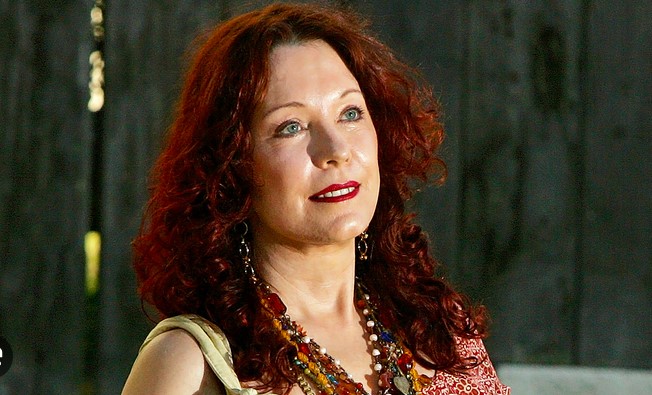The lives of the world’s most famous authors often rival the fascination of their books. These writers have shaped generations with their powerful storytelling and unique perspectives. However, their personal journeys have not always been easy. In this post, we explore the lives of some of the most iconic authors and how their experiences influenced their writing.

Early Years: Shaping Their Futures
Many famous authors had challenging childhoods, which played a significant role in shaping their futures. For example, Charles Dickens, born in 1812, faced poverty and hardship from a young age. After his father was imprisoned for debt, Dickens had to work in a factory, an experience that deeply influenced his writing. His works often feature characters struggling against social inequality, reflecting his personal struggles.
Mark Twain’s childhood along the Mississippi River also shaped his writing. The diverse people and experiences he encountered became the foundation for his most famous works, such as The Adventures of Tom Sawyer. His wit and humor, which remain iconic, were inspired by the colorful characters he met as a young boy.
Overcoming Personal Struggles: Writing Through Adversity
Many of the world’s greatest authors faced significant personal struggles but continued to write through adversity. Virginia Woolf, a leader in modernist literature, battled mental health issues throughout her life. Despite this, she wrote groundbreaking novels such as Mrs. Dalloway and To the Lighthouse. Her works often explored the complexities of human consciousness and the passage of time.
Ernest Hemingway, too, experienced personal and professional challenges. His life, marked by multiple marriages, war experiences, and mental health battles, greatly influenced his writing. His novels, including The Old Man and the Sea, showcase his distinct style, defined by simplicity and deep emotion.
Influences and Inspirations: The People Who Shaped Their Work
Famous authors did not create in isolation. They were deeply influenced by the people around them. F. Scott Fitzgerald, for example, drew inspiration from his tumultuous relationship with Zelda Sayre. Their struggles became a backdrop for his writing, where themes of love, loss, and the pursuit of the American Dream take center stage.
Similarly, J.K. Rowling, creator of Harry Potter, drew from her own experiences of poverty and single motherhood. Her challenges shaped the magical world of Hogwarts and inspired the strength and resilience of her characters. The personal journey she underwent influenced the core messages of her books.
The Legacy They Left Behind
The world’s most famous authors have left behind legacies that continue to impact readers and writers today. William Shakespeare remains a central figure in literature, his works translated into every major language. His plays, filled with rich language and complex characters, continue to shape modern storytelling.
In more recent years, authors like Maya Angelou have left an indelible mark. Angelou’s I Know Why the Caged Bird Sings is a powerful memoir that addresses race, identity, and resilience. Her work has inspired generations to confront and understand the complexities of the human experience.
Conclusion
The lives of the world’s most popular authors demonstrate that great literature often comes from life’s struggles and triumphs. Their personal experiences have shaped their works, making them timeless and universal. Through their stories, these authors continue to connect with readers, offering deep insights into the human condition. By understanding their lives, we gain a richer appreciation for their work and its lasting impact on literature and culture.










